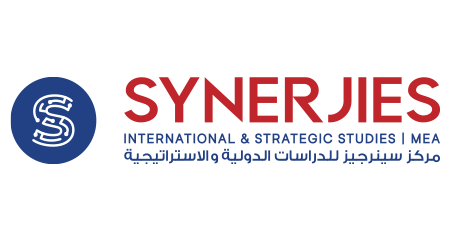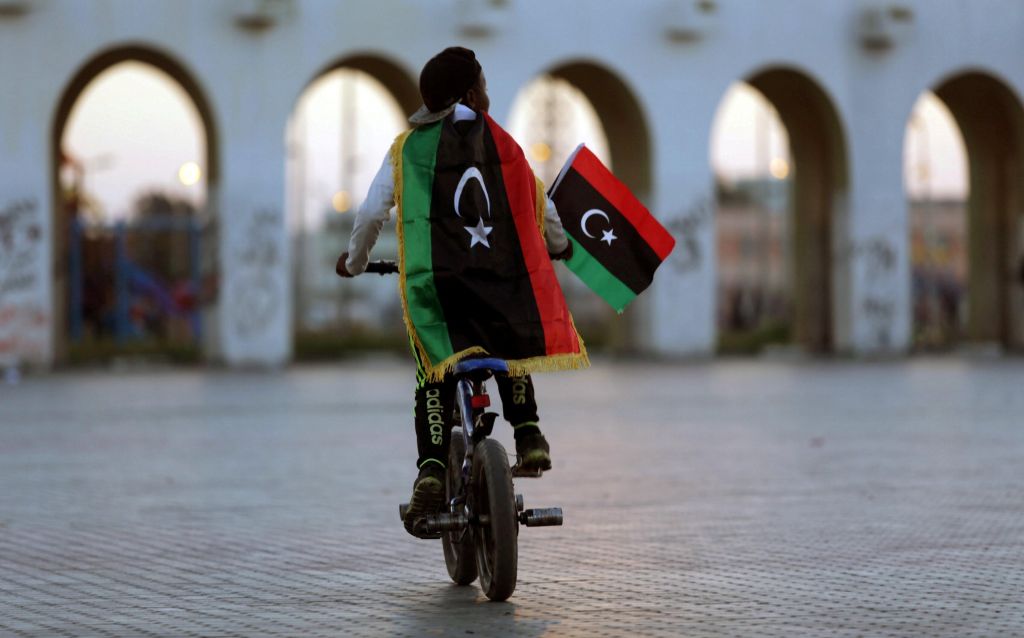Recently, the United Nations Support Mission in Libya (UNSMIL) announced the enactment of a new unified executive authority in Libya, tasked with preparing the country for national elections, scheduled for December 24th, 2021. Of course, this is a major success, for the newly formed Libyan Political Dialogue Forum (LPDF). This round of dialogue in Geneva came after the conclusion of Khalifa Haftar’s military campaign against the Government of National Accord (GNA) led by Fayez El-Sarraj in Tripoli which began mid-2019. In fact, this intra-Libyan civil war was further complicated with the involvement of international (Russia & France) and regional players (Turkey, Egypt, UAE, & Saudi Arabia) in the conflict making the situation in Libya disastrous with no resolution in sight, and that is mainly why this agreement is a major breakthrough from a prolonged stalemate.
Several months of hard work resulted in the election of Mohammed Al-Menfi as Head of Presidential Council and Abdulhamid Dbeibeh as interim prime minister of a new unified Libyan authority. Menfi has been known in recent years to oppose the Libyan national Army (LNA), including its campaign in Benghazi and Derna. In addition, he was Libya’s ambassador to Greece, which expelled him after the signing of the border demarcation agreement between Libya and Turkey. Against this background, it seemed doubtful that he would receive the backing of the army, however, by mean of a political deal he received the backing of the (LNA) in its votes in the Libyan political dialogue against the Agueila Saleh list. Largely that was because Haftar feared the growing influence of Saleh. As for Dbeibah, he is a well-known businessman in the Tripolitanian region. He is in the construction sector, and is close to the Muslim Brotherhood. So, we have Menfi closer to the (LNA) and Dbeibah closer to the previous government of Sarraj. However, both men were not heavily politicized during the civil war and do not have string external connections or sponsors.
The outcome of the talks was a pledge by all candidates to hold presidential and parliamentarian elections on Dec 24th. However, the one-million-dollar question remains whether this interim authority will deliver on its promises or repeat Sarraj’s government failure whereby Sarraj remained in power almost six years with no national referendum, no constitution adopted, no elections held, even though in 2015 he signed a political agreement in Shkirat, Morocco, and pledged to organize both a national referendum on a new constitution and full parliamentary elections within two years.
What were the Reasons Behind this Breakthrough?
Washington is pushing hard for the following reasons:
- We are seeing a comeback of the US in the region after Trump’s isolationism and ‘laissez faire’ policy. This comeback does not come as a surprise, not at all. For one thing, Biden ascribes to traditional American diplomacy and is part of the establishment generally; having an active and often proactive role in the Middle East and ‘hands-on’ had always been the traditional playbook. Furthermore, Biden is immensely interested in rolling back the Turkish influence after Erdogan crossed the lines by (1) buying the Russian S-400 despite being a NATO member (2) invaded North-East Syria, and (3) sought an increased influence and power in the Eastern Mediterranean against the interests of the Europeans. It is worth noting that Biden is keen on amending the broken North-Atlantic relations and checking the Turkish moves in the Eastern Mediterranean would definitely be at the top of that list.
- The new American administration is focusing on its major Middle Eastern issue, that is the Iranian nuclear program, and does not want another war in the region that entangles many regional and international powers, exhausts the American efforts, and forces different power balances that might make it softer on Iran.
- The heavy Russian military presence forced Washington to pay more attention. Last November, the U.S. House of Representatives passed the “Libya Stabilization Act,” paving the way for the Biden administration to sanction any foreign party obstructing Libya’s political and electoral process.
- It is understandable that the US had lost faith in Sarraj as he failed to manage the affairs of the state and showed a very bad handling of Khalifa Haftar’s war on Tripoli.
The Outlook
Arguably, some regional and international players are currently less eager to be entangled in the Libyan conflict, and that would undoubtedly help with the forward movement of the peace process. First, the political and economic implications of the pandemic had made France less eager to support Haftar especially after his military failure, and of course, does not want a clash with the new American administration. Also, Egypt became less eager to get involved as things began to calm even before this breakthrough when President El Sisi announced El-Jufra as the red line and, accordingly, Turkey stopped progressing towards the line that is very proximate to the Egyptian borders. Even further, Saudi Arabia and the UAE would not be as eager to support Haftar anymore, not only because of him failing in his campaign, but also because they have their very own host of frictions with the new American administration and would not want to add anything more, especially they have more relevant problematics in terms of their regional agenda.
However, it seems that some countries will continue to be as entangled in the conflict. First, we have Russia that may even step up its presence to counter the renewed American interest in the country, and also because of its decreased military role in Syria as its ally, Al-Assad, began to increasingly consolidate his power. The decreased military role in Syria will mean a more available capacity to engage in other conflicts. So, probably Russia will support a Wagner Group presence, and in fact, the recent construction of huge trenches by Wagner mercenaries around Sirte and Al-Jufra suggests that trend.
Second, Turkey has confirmed that its troop presence in Libya will remain in place pending Libyan government approval and the status of the 2019 Ankara-Tripoli bilateral military agreement. In fact, the Syrian Observatory for Human Rights said that Turkey is preparing to send new Syrian mercenaries to Libya. This Turkish presence in Libya will complicate the success of the interim government in the transitional process. The recent remark of Erdogan that Turkey would withdraw its troops “only if other countries withdraw their troops first” means that Turkey is playing “tit-for-tat” with Russia. The Turkish insistence on a presence in Libya is very well understandable, as it gives it leverage over the outcome of the conflict and a potential political settlement. In fact, the Turkish presence in Libya had gained the Turkish companies’ huge contracts in rebuilding infrastructure in the war-torn country.
It is not apparent whether the new government will deliver on its promises or repeat the Sarraj government’s pattern. While the profiles of the top two men (diplomat and businessman) in Libya now suggest they are not going to take sides in a way that obstructs the political settlement, it is not easy to say things will go smoothly, as experience had taught us that in Libya it is more about external actors than it is about internal ones. However, as the above mapping demonstrated, there are some reasons to think that it will, provided that there is no other counter-factors came into play in the Libyan scene.


